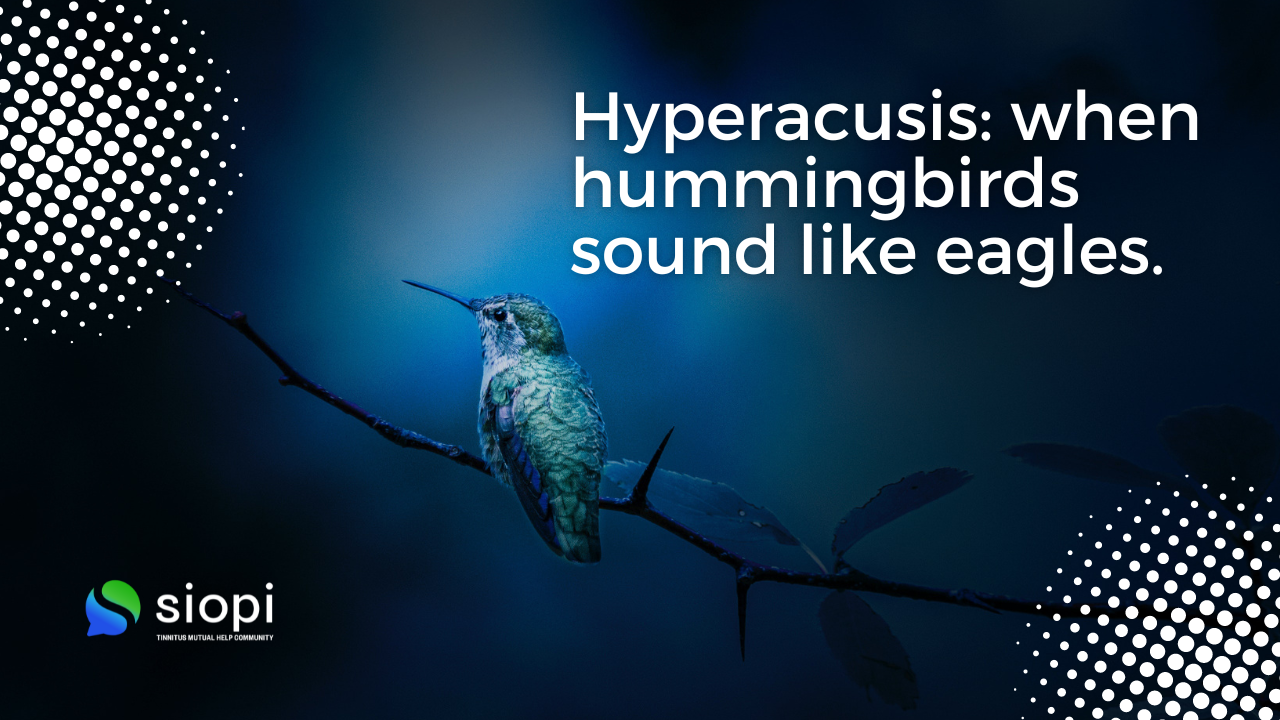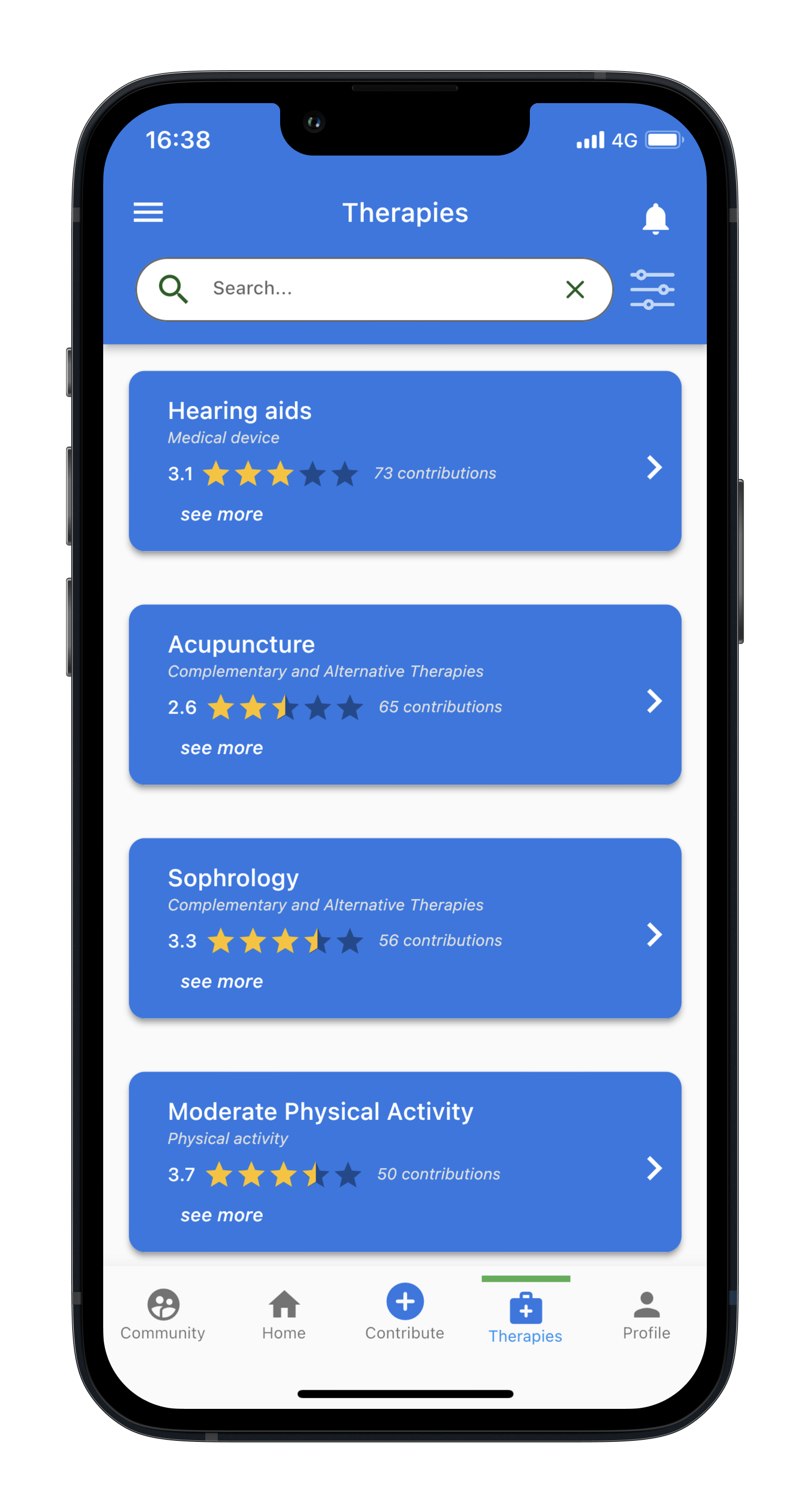Are you a fan of concerts? Do you like going out with friends? Well, if you suffer from hyperacusis, this kind of plan is out of the question. For every 10 people with tinnitus, 3 are declared suffering from hyperacusis, which can be described as high sensitivity to sounds, even lower ones. At Siopi.ai we have analyzed tinnitus patients who experienced hyperacusis and the results were somehow eye-opening.
How would you feel if you knew you would never be able to listen to music peacefully? Maybe to study, concentrate on homework, or enjoy a long family trip. Most tinnitus patients experience some level of hyperacusis making even music bothersome. This in fact does not mean that the sounds are different, but rather the different perception of the sound is what creates the discomfort or even pain. Suddenly you are more sensitive to sounds, suddenly is like hearing hummingbirds as if they were eagles.
Highlighted findings:
- 30% of people having tinnitus declared having high hyperacusis levels.
- Hyperacusis is highly related to other symptoms like headaches, sleep problems, or vertigo. And in some cases, even symptoms of stress and depression.
- People who are suffering from hyperacusis are rating their tinnitus levels on average 30% higher than people without hyperacusis.
- 36% of people with hyperacusis are rating stress levels by 8 out of 10.
- We found out people suffering from Menière’s disease are more prone to have hyperacusis than the people that don’t have Meniere’s disease.
Hyperacusis seems to be a distressful symptom that comes frequently with elements of stress, depression, and tinnitus.






